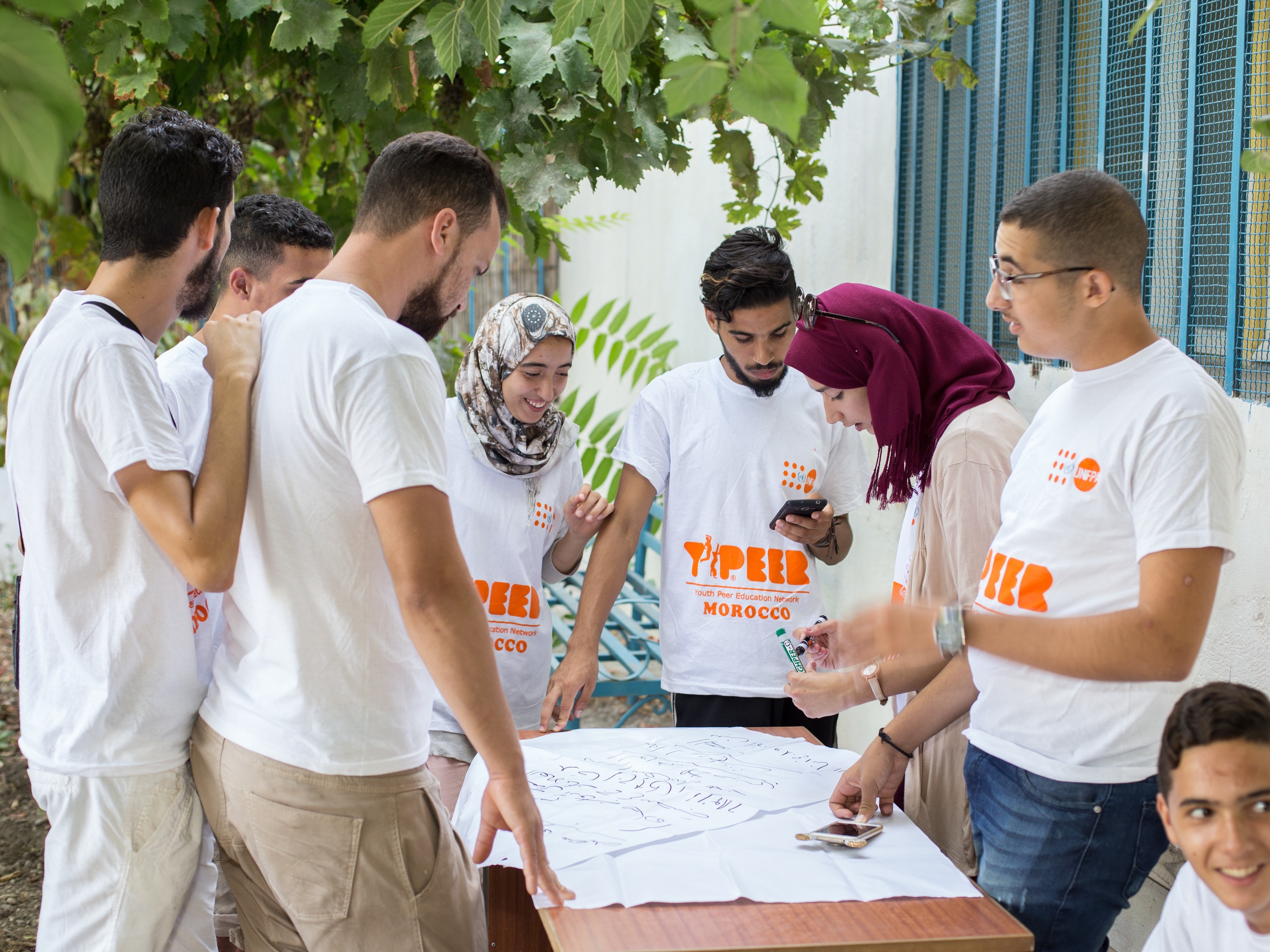Civic Engagement: Benefits for Young People
Internships and Fellowships

We are living in a world full of challenges and
obstacles like climate change, unemployment, the widespread of inequalities all
over the world and, etc. This situation needs all hands on deck and everyone
should play a role to solve today world’s problems and improve life quality.
Over the past two decades, youth civic engagement has
acquired some prominence in research, policy and practice in many parts of the
world. Civic engagement refers to how citizens participate in the life of a
community to improve conditions for others or to help shape the community’s
future.
Definition
Civic engagement is individual and collective actions
designed to identify and address issues of public concern. Civic engagement can
take many forms, from individual voluntarism to organizational involvement to
electoral participation. It can include efforts to directly address an issue,
work with others in a community to solve a problem, or interact with the
institutions of representative democracy. Civic engagement encompasses a range
of specific activities such as working in a soup kitchen, serving on a
neighborhood association, writing a letter to an elected official or voting.
This definition was produced by Michael X. Delli Carpini, the Professor of
Communication & Democracy at the Annenberg School for Communication, and
the Dean of the school from 2003 until the end of 2018.
Youth Civic Engagement: Benefits for Individuals
In recent decades, the practice of volunteering and voluntary service has increasingly been viewed as a give-and-get proposition, whereby individuals offer their time and effort to a cause but expect, in return, to develop skills and gain experience.
Some returns of Civic Engagement:
Enjoyment, fun and friendship;
Enhanced skills in areas such as group work, research,
needs assessment, planning, program evaluation, and media campaign development
and execution;
Strengthened capacity to participate effectively in
the community and contribute to its betterment;
Greater community connectedness;
Greater social awareness; A positive sense of self and
identity;
Enhanced social support, resilience and well-being;
Opportunities to provide organizational leadership;
Academic and career development;
Development of personal networks and social capital.
Youth civic engagement benefits not only the
individuals involved but also their communities and wider society. Supportive
groups, organizations and communities can provide opportunities for young
people to connect with others, participate in meaningful activities, develop
skills, and feel safe, secure and valued.
Crucially, by engaging in civic activities, young
people can help create the types of communities that are needed for positive
youth development.
References
https://youth.gov/youth-topics/civic-engagement-and-volunteering





